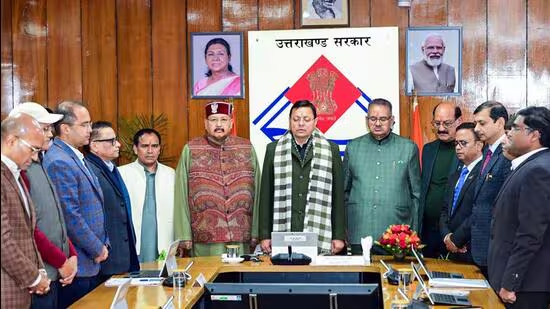Studying abroad is more than ambition, it’s about building the skills and strategies to turn challenges into opportunities. Success before, during, and after international education requires preparation and a forward-looking mindset. As academic requirements, government procedures, and documentation evolve, developing the right skills becomes essential. They will not only help you navigate complexities, achieve academic goals, but also enhance personal and professional growth.
1. Research & Decision-Making Skills
Selecting the right international program requires more than choosing a well-known university or a popular city. Students must carefully analyse program syllabi, long-term visa and post-study work options, and compare living costs at the city level. This also includes critically evaluating course accreditations, faculty backgrounds, internship pipelines, and the broader employment ecosystem. It’s essential to evaluate course accreditations, faculty expertise, available internships, and the broader employment landscape. The students who thrive abroad are those who thoughtfully align their aspirations and values with what an institution and country genuinely offer, ensuring a meaningful academic and personal growth trajectory.
Study Abroad: The dos and don’ts of student visa applications amid new social media scrutiny
2. Time Management & Self-Discipline
The process of applying to study abroad is a series of structured, time-sensitive tasks, not a one-off event. Managing standardised test dates, preparing application documents, and scheduling interviews requires both discipline and organisation. By utilising planning tools such as digital calendars and checklists, students can track deadlines, ensure timely mentoring and feedback to prepare efficiently. These habits reduce stress, prevent last-minute errors, and build a foundation of professionalism that benefits them well beyond admissions.
3. Communication & Cultural Awareness
Strong communication skills are essential long before a student arrives on campus. Every email, application, and conversation with admissions officers or embassies is an opportunity to demonstrate clarity, respect, and professionalism. Understanding and adapting to different cultural expectations and unspoken norms is equally important. Students who actively listen, adjust their approach to diverse audiences, and show genuine curiosity about others are best positioned to build meaningful relationships and succeed in new environments.
Where Indian Students Can Study for Free in 2025: These countries offer full scholarships
4. Financial Literacy
Budgeting for an education abroad means looking beyond tuition fees. Hence, it is imperative to account for all expenses, such as application charges, travel, insurance, living costs, and currency fluctuations. By developing financial literacy, students plan for contingencies, learn effective ways to manage their expenses and become familiar with banking and employment regulations before departure. These skills not only prevent financial surprises but also cultivate independence and resilience for the future.
5 bright students from UP to pursue fully-funded master’s degree from top universities in UK, know about the scheme
5. Digital & Tech Proficiency
Competency with digital tools and platforms is fundamental to both the application processes and university life. From submitting applications online to participating in virtual learning and managing logistical challenges remotely, students must be adept with technology. Familiarity with tools like Google Workspace, Microsoft Office, and LinkedIn, as well as the ability to learn new platforms quickly, helps students navigate changing expectations with confidence. Given how the world has evolved today, digital agility is increasingly recognised as a key contributor in both academic and professional success.





























